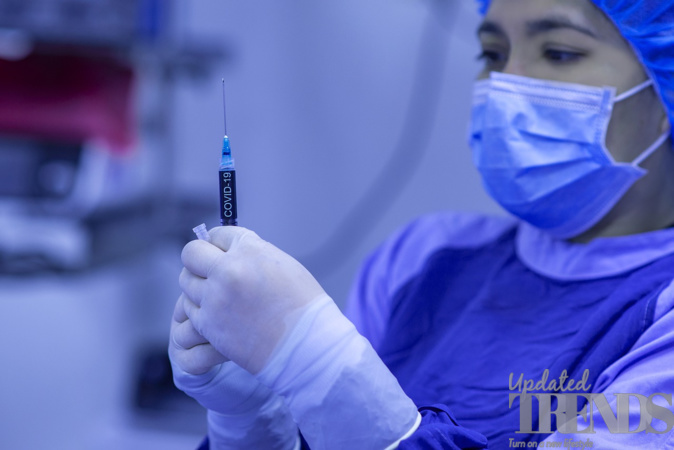Ever since the vaccines for the coronavirus have been released and administered, there has been a constant concern among women and men who have been trying to start a family or conceiving a baby. A few earlier reports had then claimed that the coronavirus vaccines had impaired the fertility. But now a new finding from the Boston University School of Public Health Investigators have indicated that the COVID-19 vaccinations do not impair the fertility, but men who have been infected of the virus could experience short-term reduced fertility.
The research has been led by Boston University School of Public Health Investigators who found that the vaccines do not affect the fertility in either partner. The study has been published in the American Journal of Epidemiology that mentioned about the prospective study of couples who were trying to conceive but it found no association with the COVID-19 vaccination. But it was found that men who were infected by COVID-19, experienced temporary reduce in fertility, but it is an outcome that could be avoided with the help of vaccination.
The survey had analysed data on COVID-19 vaccination, infection and fecundability among female and make participants on a Pregnancy Study online. The study included a number of women who were trying to conceive and they were followed through six months after delivery. The participants were from United States and Canada who provided information on their lifestyle, medical factors and characteristics of their respective partners from December 2020 to September 2021. No difference in the menstruation cycle was found between the females were received at least one dose of the vaccine and those who did not receive any.
But the figures were different with men who were infected with COVID and those who never tested positive. The recent data has helped to address the concerns about the COVID-19 vaccines and its effect on fertility. This is expected to change the mindsets of people who continue to remain apprehensive regarding getting vaccinated.
Photo Credits: Pixabay











